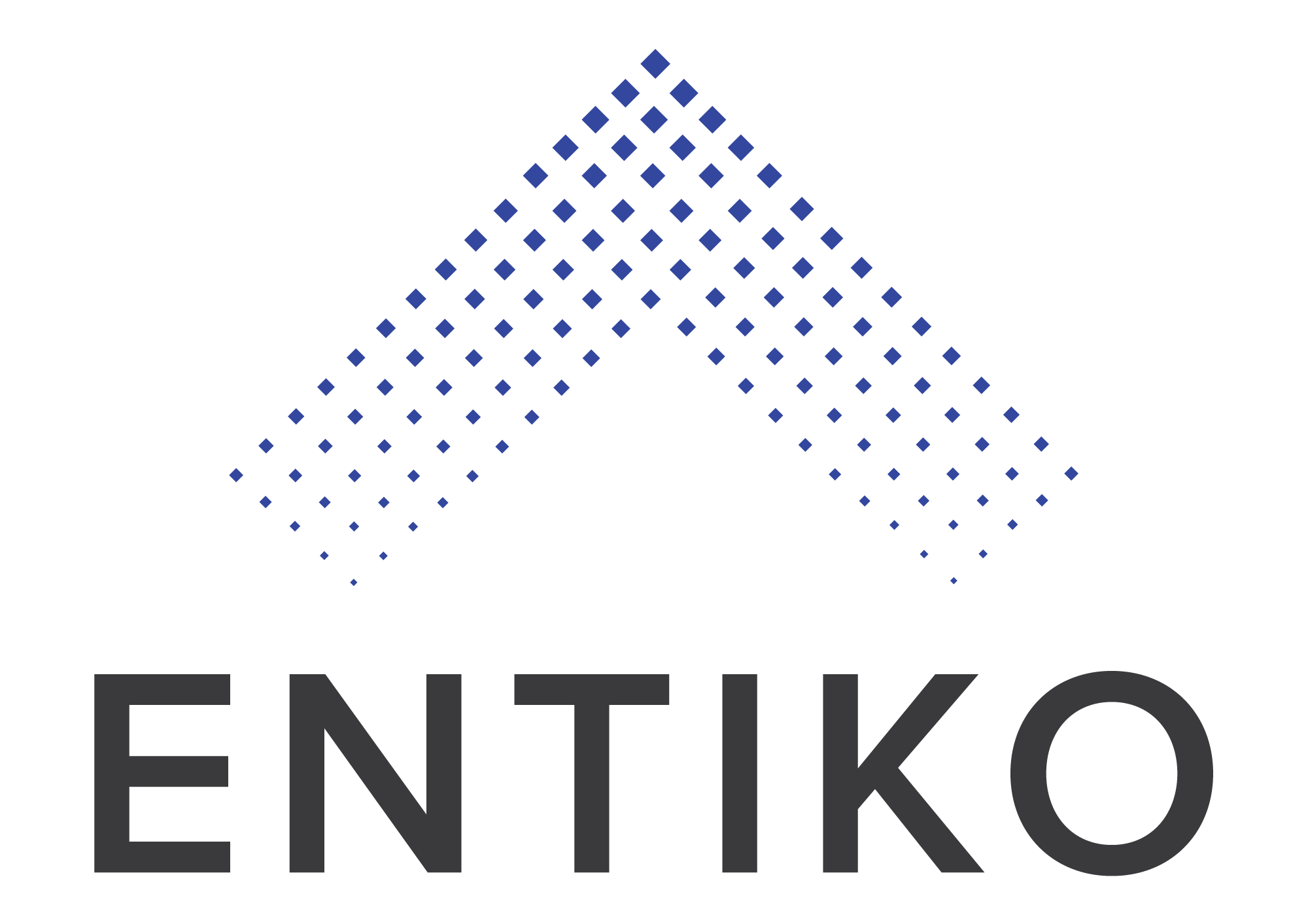The agricultural sector is undergoing a technological revolution, significantly driven by the Internet of Things (IoT). While precision farming has been at the forefront of this revolution, the impact of IoT in agriculture extends far beyond. It encompasses a wide array of applications that enhance productivity, sustainability, and efficiency across the entire agricultural value chain.
IoT technologies have revolutionized livestock management by enabling the monitoring of health, location, and behavior in real time. Wearable devices for animals transmit data to farmers, allowing for proactive health management, optimized breeding cycles, and enhanced welfare. This level of monitoring ensures that issues are addressed promptly, reducing the risk of disease spread and improving overall herd health.
In crop production, IoT devices facilitate advanced pest and disease management. Sensors can detect environmental conditions that favor the development of pests or diseases, triggering targeted interventions. This not only reduces the reliance on broad-spectrum pesticides but also supports more sustainable crop protection strategies.
Water management in agriculture has also seen significant advancements with IoT. Smart irrigation systems, utilizing soil moisture sensors and weather data, optimize water use, ensuring crops receive the precise amount needed. This technology conservatively uses water resources, crucial in regions facing water scarcity.
Moreover, IoT plays a vital role in agricultural logistics and supply chain management. Real-time tracking of produce from farm to table enhances traceability and food safety. Consumers are increasingly interested in the provenance of their food, and IoT technology provides the transparency and accountability demanded by modern markets.

Enhancing Agricultural Resilience with IoT
At the core of IoT’s value in agriculture is its ability to enhance the sector’s resilience against challenges such as climate change, population growth, and resource scarcity. By providing detailed insights into environmental conditions and crop health, IoT enables farmers to make informed decisions that boost yields and sustainability.
Predictive analytics, powered by data from IoT devices, allows farmers to anticipate and mitigate risks related to weather, pests, and diseases. This proactive approach not only safeguards production but also enhances the sector’s ability to feed a growing global population sustainably.
However, deploying IoT in agriculture comes with challenges, including the need for robust internet connectivity in rural areas, high initial investment costs, and concerns about data privacy and security. Despite these hurdles, the potential of IoT to transform agriculture into a more productive, sustainable, and resilient sector is undeniable.
Empowering agriculture with IoT: From optimizing resources to enhancing crop resilience, technology is paving the way for a sustainable future.
As we look toward the future, the role of IoT in agriculture is set to expand further, driving innovations that address the critical challenges facing the sector. By embracing IoT, the agricultural industry can continue to advance, ensuring food security and sustainability for generations to come. The journey of integrating technology into farming practices is ongoing, but the potential rewards—increased efficiency, sustainability, and resilience—make it a key pathway to a more sustainable agricultural future.



